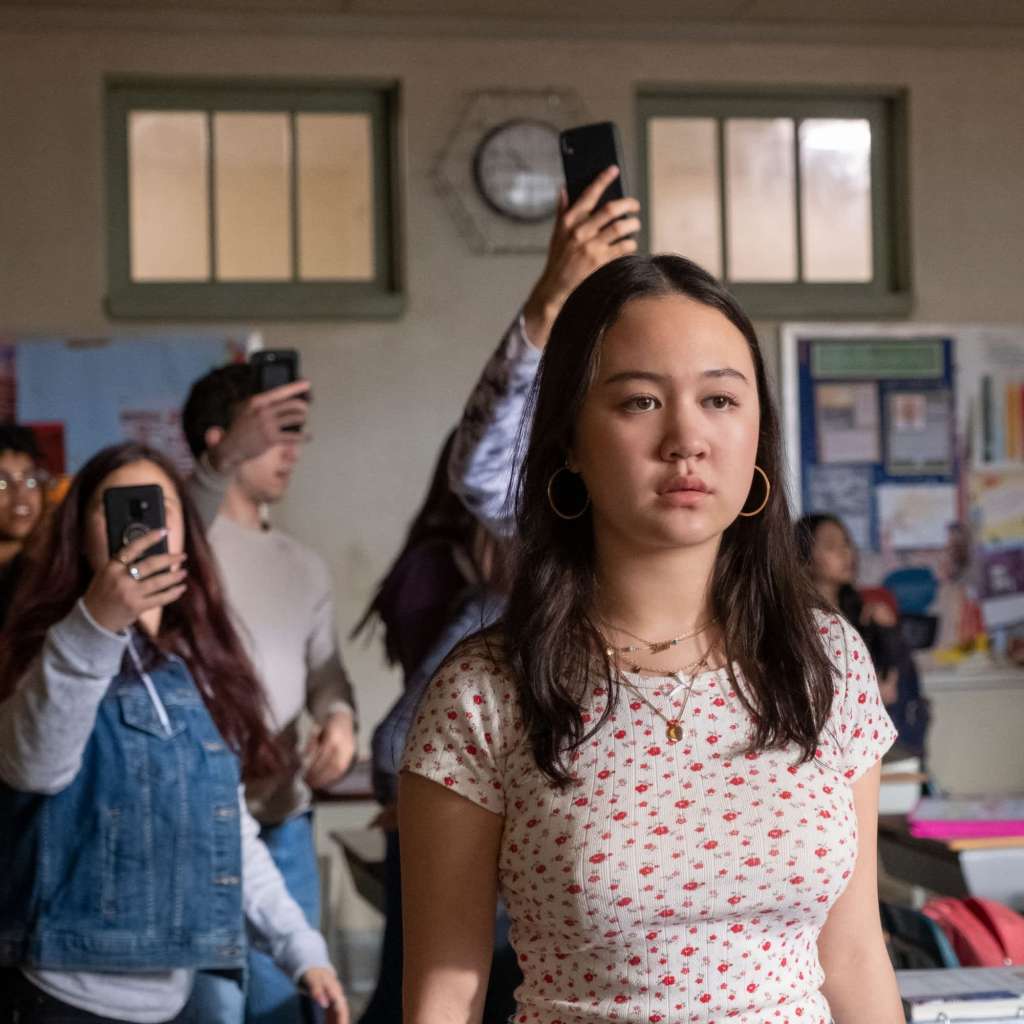Netflix’s Grand Army, which was released this past Friday, takes a hard look at the trials, tribulations, and trauma teens experience in today’s society. Set in a fictional high school in Brooklyn, this new teen drama dives into countless personal horror stories faced by the diverse cast of characters.
For parents, it’s an eye-opening look at the burdens, expectations, pressure, and shame today’s teenagers face in their everyday lives. The series is full of scenes with violence, sex, profanity, and drug use. Grand Army also gives us a closer look at some difficult struggles with discrimination faced by our society, like racism and sexism.
After series like 13 Reasons Why served as a conversation starter for mental health issues, some parents may be looking to Grand Army to do the same. Whether you think there may be lessons to take away or have a teen who wants to watch the series, here are some things you should know before you let them hit play.
Related: So, Are the Teenagers in Grand Army Played by Actual Teenagers?
- There’s a good amount of violence, nudity, and graphic content in this series.
The opening scene certainly paints a picture of what’s to come in this series as we watch Joey in the bathroom stall with her friend Gracie helping her retrieve a condom that’s stuck inside of her. Then, within the first 15 minutes, a bomb goes off nearby that sends the school into lockdown. This is just the start of many graphic scenes that may be hard to swallow. What’s even more concerning than the violence is that the characters’ deep internal struggles make something as serious as terrorism appear to be a small problem in the plot. - Grand Army can be a trigger for anyone dealing with past trauma.
When it comes to trauma, this series seems to cover it all. The characters are in a constant struggle with traumatic situations. Joey, for example, is raped by some of her closest male friends. Leila, who is exploited by Sid as he attempts to keep his sister off the “50 hottest girls” list, indulges in self-destructive behavior when she hooks up with guys she knows don’t respect her. Then there are the struggles with racial injustice, issues that are ignored despite Jayson’s attempt to turn to school administrators for help. If your child has or is struggling with any of these challenges, you might want to consider how watching this series will affect them before you give the OK. - Joey’s rape scene is graphic and uncomfortably long.
Speaking of triggers, the rape scene is graphic and seems to go on forever. It’s not just horrible to watch if you’ve had an experience with sexual assault, but it’s also a scene that you can’t easily get out of your mind. On the other hand, it does take a hard look at the topic of consent. Joey is raped by two of her closest guy friends, but the fact that it can happen to anyone by anyone isn’t the only lesson to be taken away. Joey is actually the one who initiates the physical connection. When the boys take it too far despite her asking them to stop, we see how quickly fun can turn into criminal behavior. - The show’s matter-of-fact attitude toward traumatic life events is troubling.
For parents, Grand Army delivers a mind-boggling takeaway that our kids may be in more danger than we can imagine. But for teenagers, Grand Army seems to make incredibly traumatic events seem like they’re part of another tough day in high school. The matter-of-fact way in which the series presents things like bomb threats, sexual assault, and racism is a bit unnerving. - Grand Army normalizes harboring secrets and problems.
There are several scenes throughout the series that show the characters harboring secrets or covering up their problems so no one knows they are struggling. For a teen watching this show, the message might come across that this is acceptable and even normal behavior. The old Instagram filtered life comes into play here as we see Dominique push her struggles beneath the surface as she tries to juggle more than she can handle. In many ways, Grand Army sends a message that pretending everything is fine is the best way to deal with the heavy weight of shame and responsibility. In an already troubled world, as kids struggle with identity, discrimination, peer pressure, and more, this is likely not the message some parents want their kids to receive.

